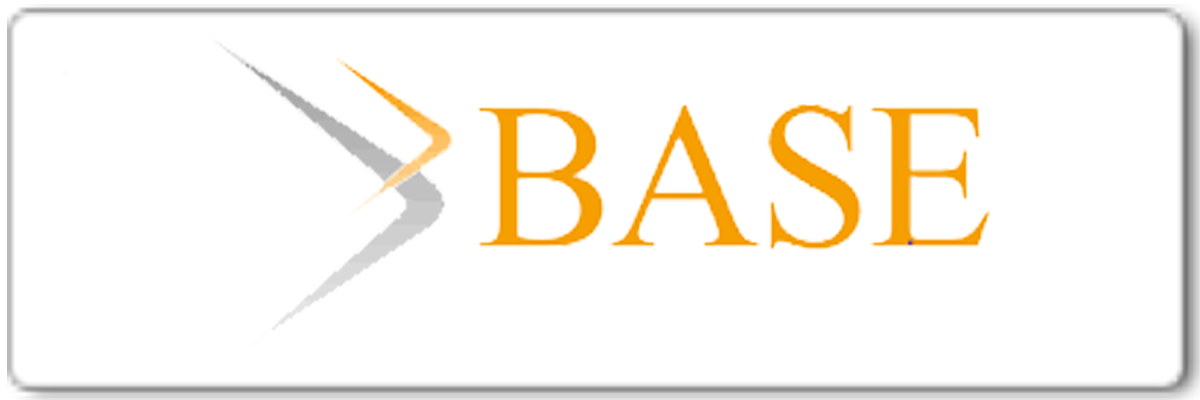Physics Achievement Test Implies Students’ Self-Efficacy on Decision Making Process
Abstract
Keywords
Full Text:
PDF (English)References
Peraturan Menteri Pendidikan dan Kebudayaan RI Nomor 22 Tahun 2016 Tentang Standar Proses Pendidikan Dasar dan Menengah.
Hamzah, A. R., Achmad, Z., & Shohib, M. (2014). Efektivitas Pelatihan Sefy Untuk Meningkatkan Efikasi Diri Dalam Pengambilan Keputusan Karir Siswa. Jurnal Intervensi Psikologi, 6(1): 103-116.
Alwisol. (2009). Psikologi Kepribadian (edisirevisi). Malang: UMM Press.
Ormrod, J. E. (2006). Educational Psychology: Developing Learners (5th Edition). Ohio: Pearson.
Luszczynska, A., Mohamed, N. E., & Schwarzer, R. (2005). Self-efficacy and social support predict benefit finding 12 months after cancer surgery: The mediating role of coping strategies. Psychology, Health & Medicine, 10(4): 365-375.
Bandura, A. (1994). Self-efficacy. In V. S. Ramachaudran (Ed.), Encyclopedia of human behavior, 4: 71-81. New York: Academic Press. (Reprinted in H. Friedman [Ed.], Encyclopedia of mental health.) San Diego: Academic Press.
Yuliantika, D., Rahmawati, S. W., & Palupi, S. R. (2017). Self- Efficacy dan Motivasi Berprestasi Siswa SMA Negeri 7 Purworejo. Jurnal Psiko Utama, 5(2): 51-59.
Muliyani, R., Kurniawan, Y., & Sandra, D. A. (2017). Peningkatan Keterampilan Proses Sains Terpadu Siswa melalui Implementasi Levels of Inquiry (LoI). Tadris: Jurnal Keguruan dan Ilmu Tarbiyah, 2(2): 81-86.
Kurniawan, Y., Suhandi, A., &Hasanah, L. (2016). The influence of implementation of interactive lecture demonstrations (ILD) conceptual change oriented toward the decreasing of the quantity students that misconception on the Newton’s first law. In AIP Conference Proceedings, 1708 (1): 070007.
Kurniawan, Y. (2018). Investigasi level miskonsepsi pada Hukum III Newton. Jurnal Riset dan Kajian Pendidikan Fisika, 5(1): 17-21.
Prochaksa, J.O., & DiClemente, C.C. (1992). The transtheoretical approach. In J. Norcross & M. Goldfried(Eds.), Handbook of Psychotherapy Integration. New York: Brunner.
Pajares, F., & Miller, M. D. (1995). Mathematics self-efficacy and mathematics outcomes: The need for specificity of assessment. Journal of Counseling Psychology, 42: 190-198.
Bandura, A., Barbaranelli, C., Caprara, G. V., & Pastorelli, C. (1996). Multifaceted impact of self-efficacy beliefs on academic functioning. Child development, 67(3): 1206-1222.
DOI: http://dx.doi.org/10.26737/jipf.v4i2.955
Refbacks
- There are currently no refbacks.
Copyright (c) 2019 Dian Mayasari, Riski Muliyani, Yudi Kurniawan, Iip Istirahayu

This work is licensed under a Creative Commons Attribution-NonCommercial 4.0 International License.
Publisher
Institute of Managing and Publishing of Scientific Journals
STKIP Singkawang
Jl. STKIP, Kelurahan Naram, Kecamatan Singkawang Utara, Kota Singkawang, Kalimantan Barat, Indonesia
Website: http://journal.stkipsingkawang.ac.id/index.php/JIPF
Email: [email protected]
JIPF Indexed by:
Copyright (c) JIPF (Jurnal Ilmu Pendidikan Fisika)
ISSN 2477-8451 (Online) and ISSN 2477-5959 (Print)































